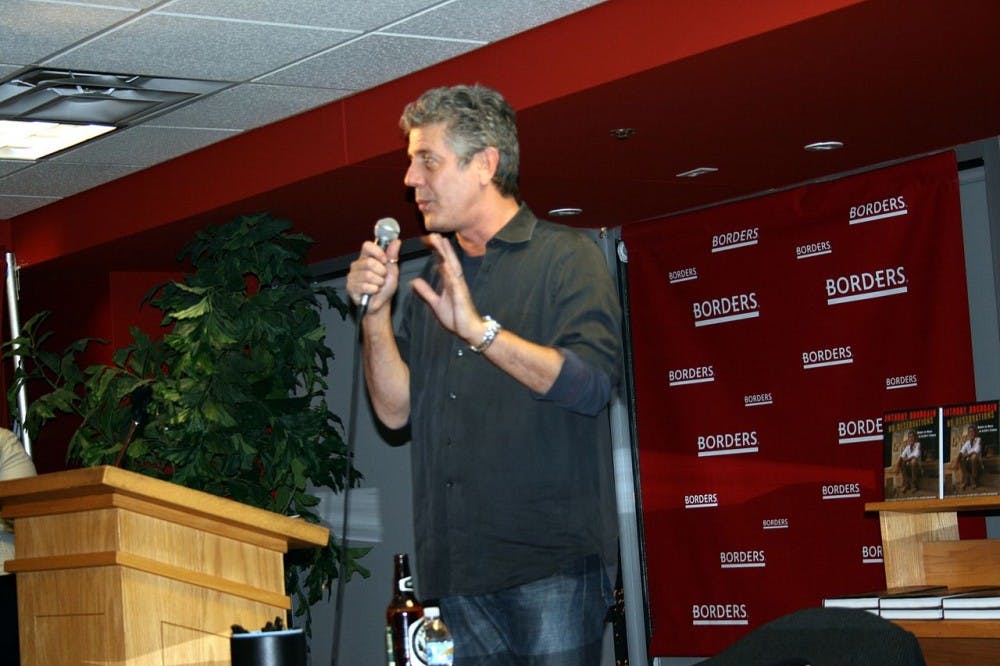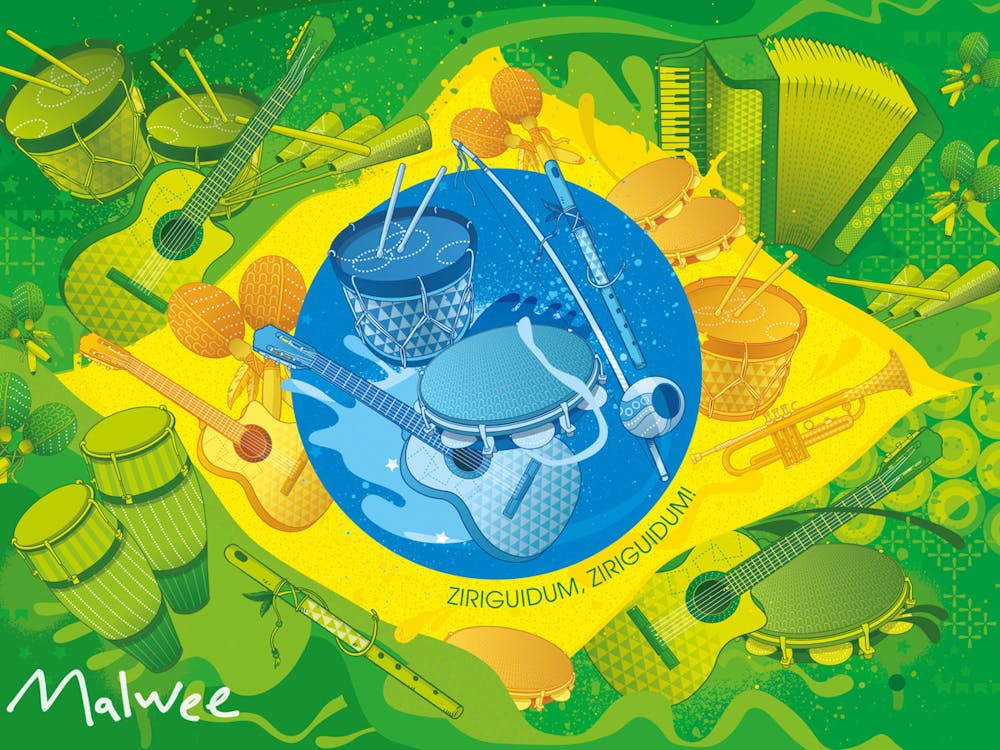The food world, both global and local, experienced major shifts in the past few months.
The Remington butchery and restaurant Parts & Labor officially closed on August 5. The restaurant had faced profitability issues concerning their experimental commitment to butchery of whole animals purchased from local farms.
Unfortunately, last year’s rebranding of the restaurant to a more casual theme was ultimately unsuccessful in making the concept appealing enough to keep customers spending $12 to $18 for a sandwich. The bar will stay open for pop-ups for another month.
The Maryland crab-picking industry is experiencing a shortage of labor this year due to a lack of seasonal workers, a consequence of the Trump administration’s changes to the H-2B visa program.
These guest worker visas allow seasonal workers to come to Maryland crab processing companies, work and be paid by the pound. So, expect some expensive crab cakes.
In terms of the national food world, people are seeking answers to the question, “How does what we eat impact us?”
This question has been circulating throughout the past year. Chef David Chang’s new show Ugly Delicious piqued our curiosities about this question, but it wasn’t until the past summer that I started hearing people talk about food in this way.
Jonathan Gold, the former Los Angeles Times food critic, died from pancreatic cancer at age 57 on July 21. Gold was the first food critic to win a Pulitzer Prize, setting new standards and changing the world of food writing.
He was one of the first to shift the spotlight away from haute cuisine towards the everyday. “He knew that restaurants aren’t really about food. They’re about people,” wrote acclaimed food writer Ruth Reichl in a commemorative article for the Los Angeles Times.
Another champion of the food and dining scene was Anthony Bourdain, whose suicide sparked conversations about both his work and his depression. A toxicology report said that no drugs were found in his system at the time of death.
I watched Bourdain’s No Reservations as a kid growing up in suburban Massachusetts. His constant sense of curiosity and the wide variety of cultures represented in his one-of-a-kind travel shows inspired me to love trying new things throughout my childhood.
Now that I’m in college and mental health is an increasingly relevant topic, Bourdain’s suicide has caused me to reflect on what my interest in food is and whether the stress and issues of the restaurant industry is something that I want to experience in the future.
After his death and even before it, Bourdain knockoffs started appearing everywhere. Whether it is primarily profit-driven or well-intentioned, we may never know.
We’ll just have to see in the upcoming years how these new travel-foodie shows affect the mindsets of people in the modern Western world. I think a theme we’ll see is an increased awareness and sensitivity in terms of food journalism and philosophy.
At any rate, I’m excited for this year of trying new things.
















Please note All comments are eligible for publication in The News-Letter.